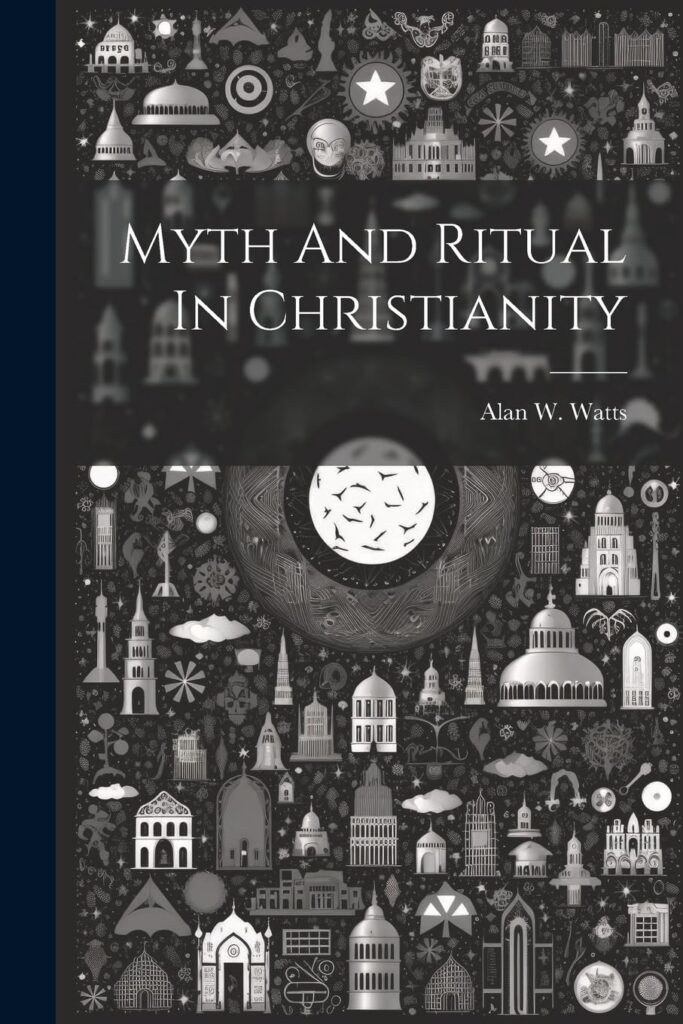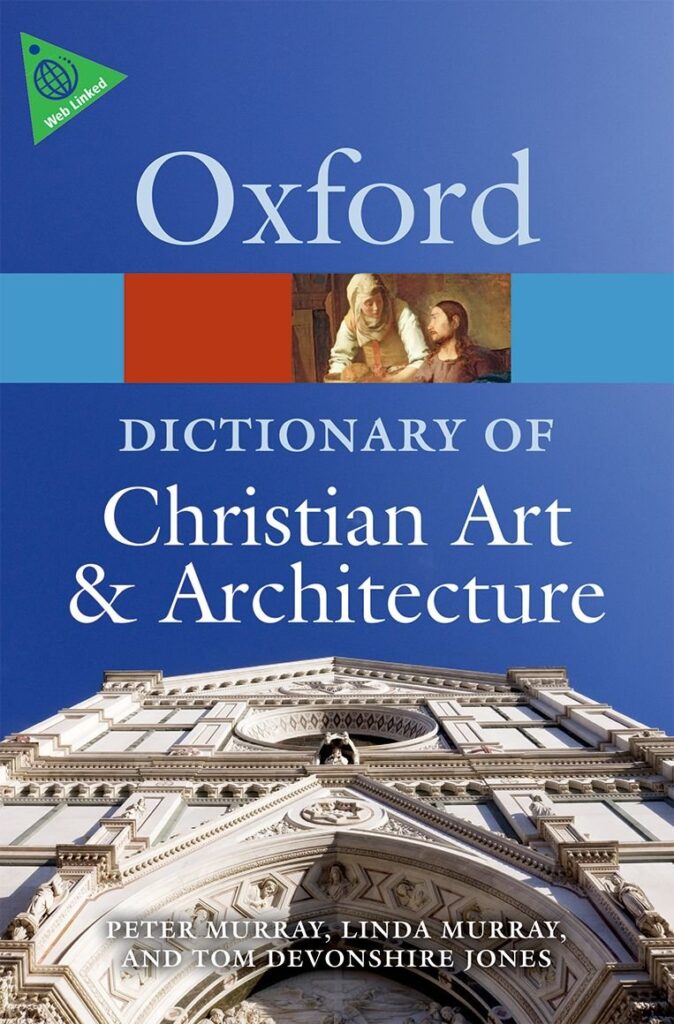Key Takeaways
- Christian Mythology is Multi-Faceted: It blends history, symbolism, theology, and art to convey universal truths.
- Books Offer Diverse Perspectives: From academic analyses to narrative-driven accounts, there’s a resource for every reader.
- Symbolism is Central: Christian myths use symbols and rituals to explore spiritual and psychological themes.
- Comparative Studies Provide Context: Exploring Christian myths alongside global traditions highlights their universal patterns.
- Accessible Reads Engage Broader Audiences: Narrative-driven books bring Christian mythology to life for general readers.
- Art and Psychology Deepen Understanding: These works reveal the transformative power of Christian symbols.
- Christian Myths Continue to Influence: They shape art, literature, and cultural narratives even in the modern era.
Christian mythology weaves a fascinating tapestry of stories, symbols, and rituals that have shaped Western culture, art, and literature for over two millennia. Far from being mere legends, these narratives—rooted in biblical texts and theological interpretations—offer profound insights into the human condition, spirituality, and the collective psyche. They intertwine historical events with allegorical tales, conveying lessons and meanings that transcend their religious origins.
For many, the term “mythology” may seem at odds with Christianity, as it is often associated with ancient pagan religions. However, from a scholarly perspective, mythology refers to symbolic narratives that convey deeper truths—whether theological, moral, or philosophical. Christian mythology, therefore, is not a dismissal of faith but an exploration of its stories as cultural artifacts that resonate universally.
To truly appreciate the depth and breadth of Christian mythology, books serve as invaluable resources. They contextualize the stories within their historical periods, compare them to myths from other cultures, and uncover layers of meaning hidden in rituals and symbols. Whether you’re a scholar, a mythology enthusiast, or simply curious about the cultural roots of Christianity, exploring these books can offer fresh insights and spark new interpretations.
Table of Contents
Scholarly and Comprehensive Overviews
For readers seeking in-depth, academic insights into Christian mythology, the following books offer rigorous analysis and context. These works explore the symbolic, historical, and theological dimensions of Christian narratives.
Myth and Ritual in Christianity by Alan Watts

Alan Watts, a renowned philosopher and theologian, explores the symbolic and ritualistic aspects of Christianity in this thought-provoking book. He highlights the mythological structure underlying Christian doctrines and rituals, illustrating how they express profound spiritual truths.
- Why It’s Essential: Bridges theology and mythology, making it a must-read for those interested in religious philosophy and cultural analysis.
- Key Themes: The interplay of myth and ritual as vehicles for spiritual transformation.
The Golden Bough by James George Frazer

Though not exclusively about Christianity, The Golden Bough is a seminal work in comparative mythology and anthropology. Frazer examines myths, symbols, and rituals from cultures worldwide, including Christian traditions, identifying recurring themes and archetypes.
- Why It’s Essential: Situates Christian mythology within a global mythological framework, making it indispensable for comparative studies.
- Key Themes: Universal patterns in myths, including sacrifice, resurrection, and fertility.
Revelation and Existence; A Study in the Theology of Rudolf Bultmann by H.P. Owen

This book considers the theological ideas of Rudolf Bultmann, who sought to “demythologize” the New Testament. Bultmann argued that Christian stories should be understood as myths conveying existential truths rather than literal historical accounts. Owen expertly unpacks these ideas, offering a balanced critique.
- Why It’s Essential: A fascinating exploration of how Christian myths convey deeper philosophical and theological meanings.
- Key Themes: The symbolic and existential interpretations of Christian narratives.
Comparative and Secular Approaches
Understanding Christian mythology in the context of world religions or through a secular lens provides fresh insights. These books offer comparative analyses and explore the cultural evolution of Christian narratives.
The Power of Myth by Joseph Campbell and Bill Moyers

Based on a series of interviews, this book examines universal themes found in myths across cultures, including Christianity. Campbell and Moyers discuss how Christian stories resonate with ancient archetypes, offering a framework for understanding their enduring appeal.
- Why It’s Essential: Connects Christian mythology with universal human experiences, making it both enlightening and accessible.
- Key Themes: Cross-cultural parallels, the symbolic nature of myths, and their modern relevance.
Christian Mythology: Revelations of Pagan Origins by Philippe Walter

This book traces the pagan roots of many Christian traditions and stories, showing how early Christianity adapted and transformed pre-Christian myths. Walter provides a detailed exploration of cultural and mythological syncretism.
- Why It’s Essential: Explores how Christianity absorbed and reimagined pagan myths, offering a fresh perspective on its origins.
- Key Themes: Mythological borrowing, adaptation of rituals, and the evolution of Christian symbols.
The Lost Gospel: The Book of Q and Christian Origins by Burton L. Mack

This thought-provoking book examines the hypothetical “Q source,” a collection of Jesus’ sayings that scholars believe predates the Gospels. Mack explores how these teachings evolved into the mythological framework of Christianity.
- Why It’s Essential: Provides a critical and secular perspective on the origins of Christian mythology.
- Key Themes: The shift from oral traditions to mythological narratives and the role of early Christian communities.
Artistic and Symbolic Interpretations
Christian mythology’s rich symbolism has inspired art, architecture, and psychological interpretations. These books explore how these symbols convey deeper meanings and resonate across cultures.
Symbols of Transformation by Carl Jung

Jung studies the psychological significance of Christian symbols, connecting them to the collective unconscious. By interpreting Christian myths as archetypes, he provides a profound understanding of their universal appeal.
- Why It’s Essential: Bridges mythology and psychology, offering a unique perspective on Christian symbols.
- Key Themes: The psychological meaning of Christian myths, archetypes, and the transformative power of symbols.
The Oxford Companion to Christian Art and Architecture by Peter and Linda Murray

This comprehensive reference explores how Christian mythology has been depicted in art and architecture. From medieval cathedrals to Renaissance masterpieces, the authors detail how artists have used Christian stories to inspire devotion.
- Why It’s Essential: Combines art history with mythology, perfect for those interested in visual representations of Christian stories.
- Key Themes: The artistic evolution of Christian mythology, symbolism in religious art, and the intersection of myth and aesthetics.
Popular and Accessible Reads
For readers seeking engaging and accessible introductions to Christian mythology, these books provide thoughtful narratives and insights. They balance scholarly rigor with storytelling, making them ideal for general audiences who want to explore the themes and stories of Christianity without diving too deeply into academic analysis.
Zealot: The Life and Times of Jesus of Nazareth by Reza Aslan

Aslan’s bestselling book reexamines the historical Jesus, placing him within the socio-political context of first-century Palestine. He vividly portrays the man behind the myths and how his life became central to Christian mythology.
- Why It’s Essential: Offers a humanizing, historically grounded perspective on Jesus, blending engaging prose with meticulous research.
- Key Themes: The socio-political forces shaping Christian myths and the distinction between the historical Jesus and the Christ of faith.
The Historical Jesus: The Life of a Mediterranean Jewish Peasant by John Dominic Crossan

Crossan, a leading scholar in historical Jesus studies, presents a compelling narrative of Jesus as a historical figure within his cultural and social environment. This book blends rigorous scholarship with clear, approachable language, making it ideal for readers curious about how history shaped the myths surrounding Jesus.
- Why It’s Essential: Strikes a balance between academic depth and accessibility, offering a readable account of Jesus in his historical context.
- Key Themes: The blending of history and myth, the social and cultural dynamics of Jesus’ era, and the origins of Christian narratives.
How to Choose Your Next Read
Identify Your Interests
- Are you drawn to academic analysis? Start with works like The Golden Bough or Myth and Ritual in Christianity.
- Curious about how Christian myths compare to other traditions? Explore The Power of Myth or Christian Mythology: Revelations of Pagan Origins.
- Fascinated by the artistic and symbolic expressions of myths? Dive into Symbols of Transformation or The Oxford Companion to Christian Art and Architecture.
- Interested in accessible accounts of Jesus as a historical figure? Try Zealot or The Historical Jesus.
Consider Your Reading Style
- If you enjoy narrative-driven books, Zealot or The Power of Myth are engaging and accessible.
- Prefer reference works? The Oxford Companion to Christian Art and Architecture is an invaluable resource.
- Like a mix of scholarship and storytelling? The Historical Jesus offers both.
Match Your Expertise Level
- Beginners: Start with accessible reads like Zealot, The Historical Jesus, or The Power of Myth.
- Intermediate Readers: Explore comparative works like Christian Mythology.
- Scholars: Dive into in-depth analyses in Myth and Ritual in Christianity or The Lost Gospel.
Think About Your Purpose
- Are you researching for an academic project? Opt for scholarly works like The Golden Bough.
- Want to broaden your understanding of global mythology? Comparative books like The Power of Myth are your best bet.
- Interested in personal growth or symbolic interpretation? Psychological and artistic books such as Symbols of Transformation or The Oxford Companion to Christian Art and Architecture will resonate.
Conclusion
The 12 books highlighted in this guide showcase the diversity of approaches to understanding Christian mythology. Whether you’re drawn to ritual analysis, psychological insights, or artistic representations, these works illuminate the enduring impact of Christianity’s sacred stories and symbols.

